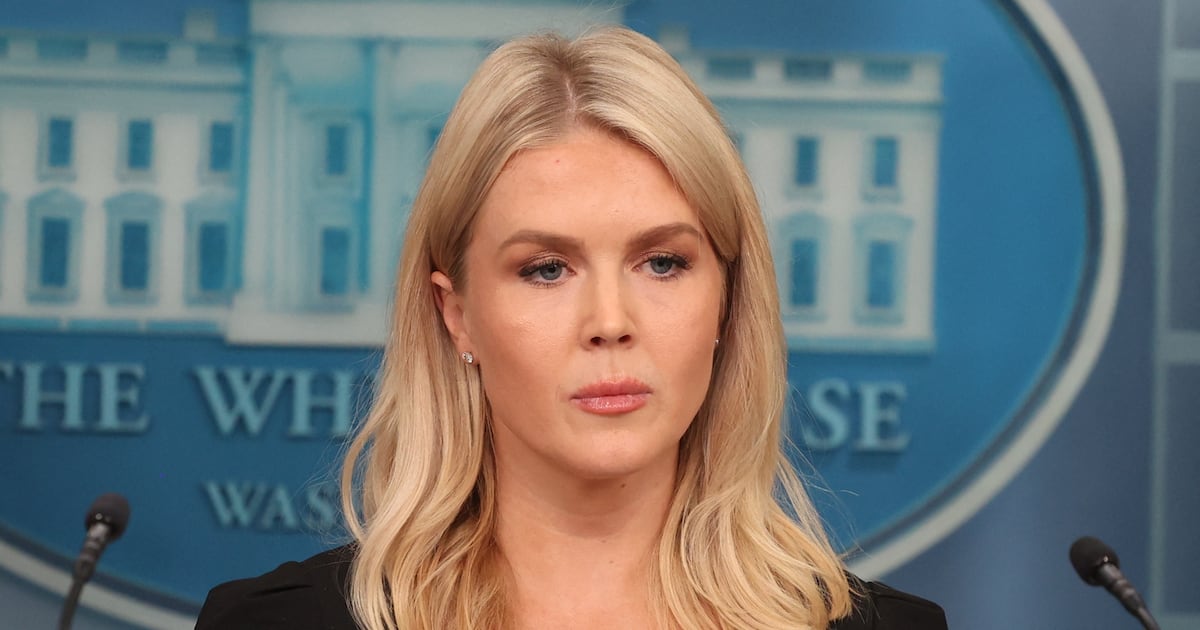
Obamania it ain’t. The Russians don’t love Barack Obama, and they don’t hate him. They just don’t care.
Obama is merely a new face and new voice among Russians, but they are barely listening. Russia’s state-run pollster VTsIOM released figures earlier this week saying 16 percent of Russians don’t even know who Obama is. That’s on top of the fact that not one of Obama’s speeches was televised on the Russian’s major television channels, which are state-owned and no high-ranking officials greeted Obama when Air Force One touched down in unseasonably cold, rainy weather in Moscow.
Click Image To View Our Gallery

But their indifference and the past few years of blustery relations between Russia and the U.S. matter little to the one major issue emerging: how Russia will manage its decades-long relationship with Iran to the satisfaction of the U.S.
Russia has deep ties to Iran—even helping to build nuclear-power plants in that country with Russian-made equipment. And that longstanding relationship with Iran is the chief hurdle to American efforts to thwart Tehran's nuclear-weapons capabilities.
Although the White House believes tough sanctions by Moscow would play a decisive role, Russia has balked. At Monday's news conference by the U.S. and Russian presidents, Obama cited the threat of Iranian nuclear weapons, but according to the Los Angeles Times, President Dmitry Medvedev remained silent, refraining from even mentioning Iran by name.
On most of the key issues, the two sides could only agree to keep talking.
Despite Obama's veiled criticism of Prime Minister Vladimir Putin, who Obama accused of having "one foot in the old ways of doing business and one in the new," Obama was impressed by Putin, who is considered the real power behind the Kremlin.
Russia has deep ties to Iran—even helping to build nuclear-power plants in that country with Russian-made equipment. And that longstanding relationship with Iran is the chief hurdle to American efforts to thwart Tehran's nuclear-weapons capabilities.
"I would say he's very convinced that the prime minister is a man of today and he's got his eyes firmly on the future," the Associated Press quoted an unnamed senior U.S. administration official as saying.
In an interview with Novaya Gazeta, one of the few independent papers in Russia, Obama addressed whether he would sign a new Strategic Arms Reduction Treatry if Russia conditions its agreement upon nondeployment of the U.S. missile-defense system in Central Europe. That’s another potential chip in the great bargaining over Iran, too.
“Given the threats around the world, especially those growing from North Korea and Iran, our goal is to enhance missile defense for the United States and our allies in Europe and elsewhere,” Obama said. “When discussing our plans for Europe, we first and foremost are seeking to build a missile-defense system that protects the United States and Europe from an Iranian ballistic missile armed with a nuclear warhead. We are not building and will not build a system that is aimed to respond to an attack from Russia. Such thinking is simply a legacy of the Cold War.”
Not being on the same page about Iran may hold the potential to lead to another.
Erin Arvedlund is a financial writer working on a book about the rise and fall of Bernard Madoff, Too Good to Be True (Penguin). She has written for The New York Times, The Wall Street Journal, Barron's magazine and TheStreet.com. She worked at The Moscow Times.






